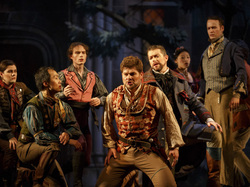
Toronto’s “period” opera company is closely associated with baroque repertoire. But before the curtain rose on Tuesday night at the Elgin Theatre, artistic co-director Marshall Pynkoski stepped forward to point out that the company has been moving forward (chronologically speaking), and already has several Mozart operas in its repertoire.
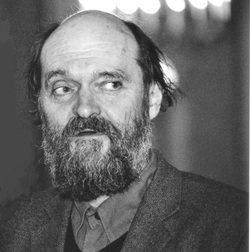
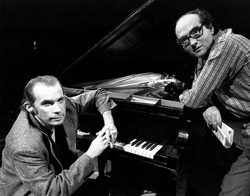
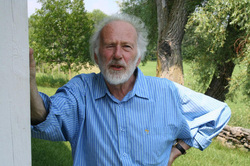
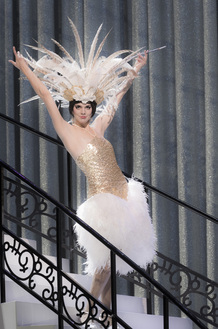
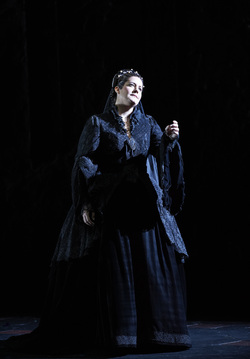
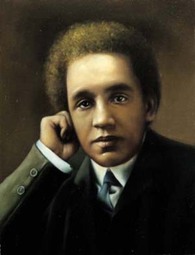
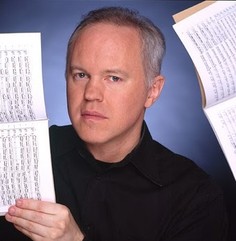
 RSS Feed
RSS Feed

